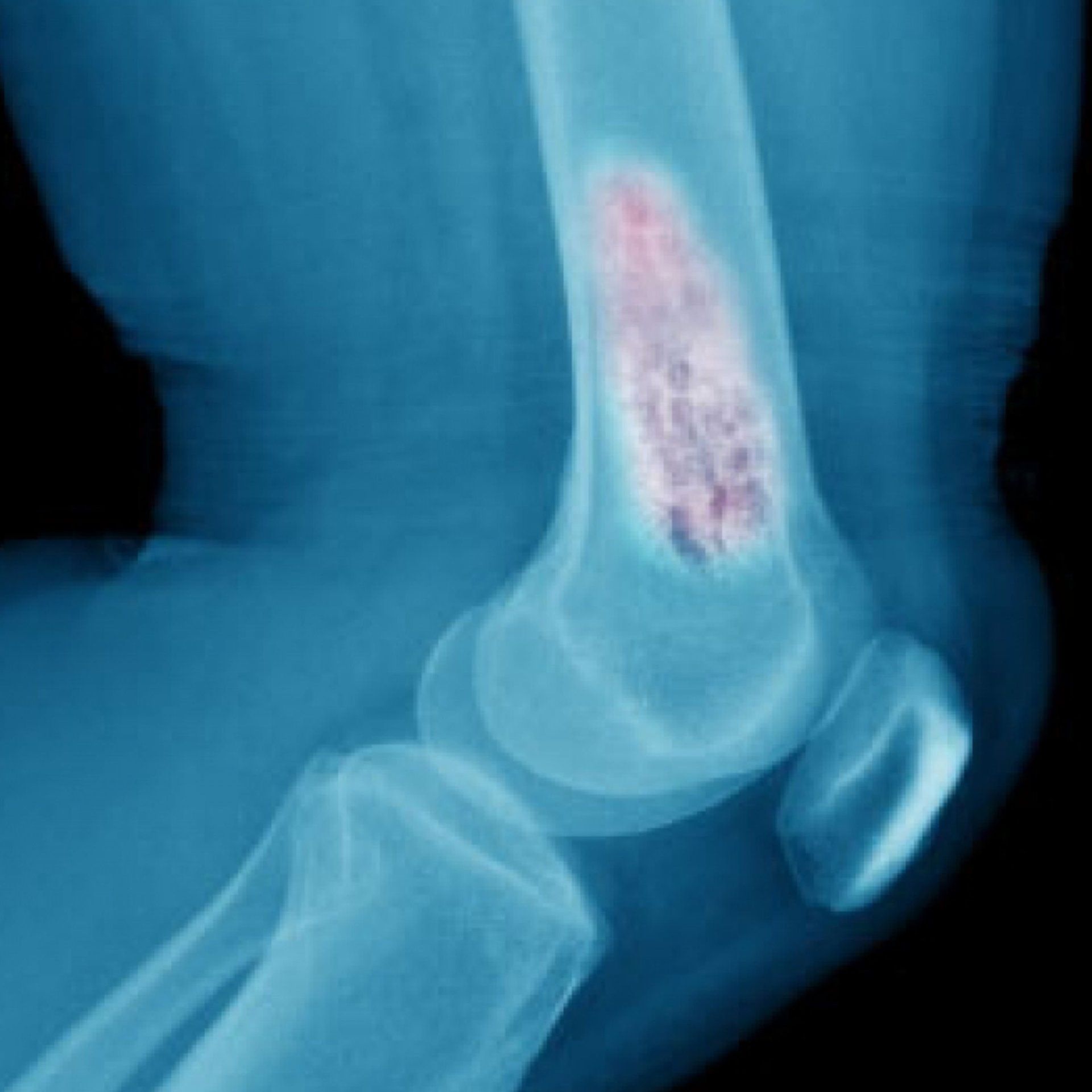10,000 Cancer Screening
Trusted Team of Medical and Surgical Oncologist at Hitech City and Madinaguda, Hyderabad
Request an appointment
We offer evidence based cancer screening
Cancer Screening Tests
Breast Cancer

- CBP (Complete Blood Picture)
- ESR
- LFT (Liver Function Test)
- Ultrasound (Abdomen and Pelvis)
- Ultrasound (Both Breast)
- Consultation with Breast Cancer Specialist
Gastro Cancer

- CBP (Complete Blood Picture)
- ESR
- Endoscopy
- Ultrasound (Abdomen and Pelvis)
- X-Ray Chest
- Consultation with Gastroenterologist

- CBP and ESR
- Stool for Occult Blood
- Colonoscopy
- Ultrasound (Abdomen and Pelvis)
- X-ray Chest
- Consultation with Gastroenterologist
Liver Cancer

- CBP & ESR
- Alpha Fetoprotein
- LFT (Liver Function Test)
- Ultrasound (Abdomen and Pelvis)
- Viral Screening
- Consultation with Liver Specialist
Kidney Cancer

- CBP & ESR
- CUE ( Complete Urine Ex)
- Ultrasound (Abdomen and Pelvis)
- Serum Uric Acid
- Serum Calcium
- Electrolyte
- Consultation with Urologist
Prostate Cancer

- CBP & ESR
- CUE ( Complete Urine Ex)
- Ultrasound (Abdomen and Pelvis)
- PSA
- Serum Calcium
- Electrolyte
- Consultation with Urologist
Bone Cancer

- CBP & ESR
- C-reactive Protein
- Serum Uric Acid
- Serum Calcium
- Alkaline Phosphatase
- Consultation with Orthopaedic Surgeon
Pancreas Cancer

- CBP (Complete Blood Picture)
- ESR
- Ultrasound (Abdomen and Pelvis)
- LFT (Liver Function Test)
- Consultation with Pancreas Specialist
Esophageal Cancer

- CBP (Complete Blood Picture)
- ESR
- Endoscopy
- X-Ray Chest
- Consultation with Super Specialist
More about screening tests
- Colonoscopy, sigmoidoscopy, and high-sensitivity fecal occult blood tests (FOBTs)
Colonoscopy and sigmoidoscopy also help prevent colorectal cancer because they can detect abnormal colon growths (polyps) that can be removed before they develop into cancer. Expert groups generally recommend that people who are at average risk for colorectal cancer have screening at ages 50 through 75. - Mammography
This method to screen for breast cancer has been shown to reduce mortality from the disease among women ages 40 to 74, especially those age 50 or older.
- Pap test and human papillomavirus (HPV) testing
These tests reduce the incidence of cervical cancer because they allow abnormal cells to be identified and treated before they become cancer. They also reduce deaths from cervical cancer. Testing is generally recommended to begin at age 21 and to end at age 65, as long as recent results have been normal. - Alpha-Fetoprotein
This test is sometimes used, along with ultrasound of the liver, to try to detect liver cancer early in people at high risk of the disease. - Clinical breast exams and regular breast self-exams
Routine examination of the breasts by health care providers or by women themselves has not been shown to reduce deaths from breast cancer. However, if a woman or her health care provider notices a lump or other unusual change in the breast, it is important to get it checked out. - PSA
This blood test, which is often done along with a digital rectal exam, is able to detect prostate cancer at an early stage. However, expert groups no longer recommend routine PSA testing for most men because studies have shown that it has little or no effect on prostate cancer deaths and leads to overdiagnosis and overtreatment. - Transvaginal ultrasound
This imaging test, which can create pictures of a woman’s ovaries and uterus, is sometimes used in women who are at increased risk of ovarian cancer (because they carry a harmful BRCA1 or BRCA2 mutation) or of endometrial cancer (because they have a condition called Lynch syndrome).
Making Decisions About Cancer Treatment
Understand your diagnosis
Know your options
- Surgery
- Radiation therapy
- Chemotherapy
- Hormone therapy
- Active surveillance, also called watchful waiting
- Palliative care
- Participating in a clinical trial
Know side effects
Understand the goals of treatment
Risks and benefits
- Chance of a cure
- Potential short- and long-term side effects
- Likelihood the cancer will come back after treatment
- Chances of living longer with or without treatment
- Effect on your quality of life and independence
- Preferences of you and your family





